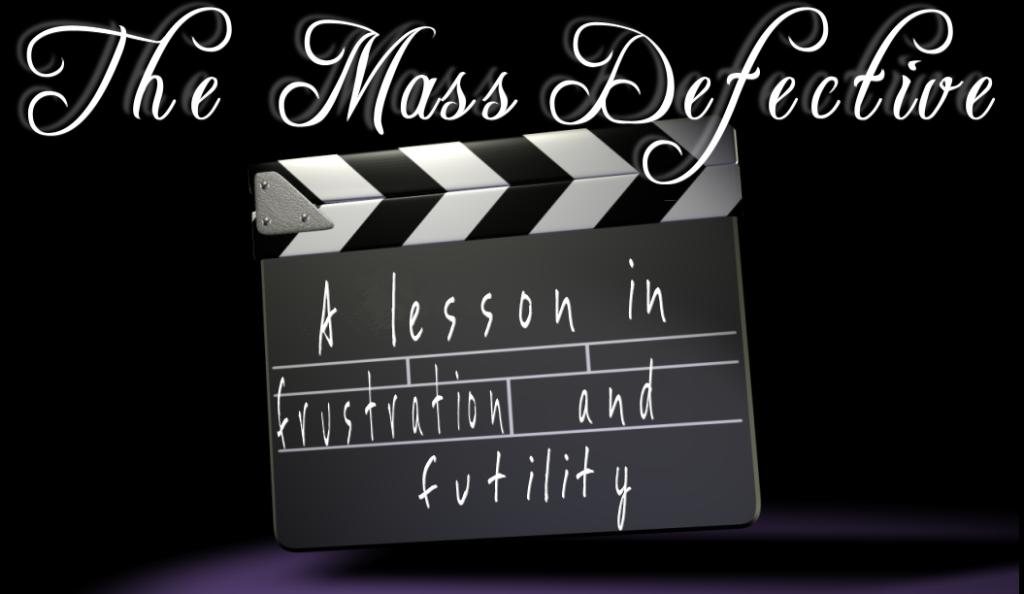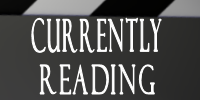There's a difference
My homework last week was to try and come up with my "suffering inventory" list. I had tried to sit down and write it several times, but my mind kept going blank, overwhelmed by both the fear of personal reflection and the process of noting all the things wrong with me. I finally decided to work off the list of "goals" I had to write so that this therapist would even see me for the first time.
The end result was not a complete list of everything that's wrong, everything I struggle with, and it is more generalized rather than giving specific details. It was quite difficult to do the final step of putting the items in order from worst to least worse in how they impact my life. The first eight all impact my life at an equally negative level. But at least I had something to bring in to our session today.
After discussing it for what seemed like 20 or 30 minutes, she quickly moves on and asks if I did the next exercise in the book, which is "The Pain is Gone, Now What". Using the suffering list, you're supposed to take an item and say how you think your life would be different if that issue wasn't such a problem for you.
My initial thought was "whoa nelly". Can we slow down here a minute? Why are you trying to rush me through all this material so fast? The homework was to do the first exercise, which consisted of three parts, two of which were quite difficult for me. I told you the struggle I went through to do it and the residual distress it left because I felt I had done an inadequate job. Why would you even ask if I'd moved on to the next exercise already? What is the hurry here? This is only our 4th visit and I know nothing about you. I don't feel comfortable with you yet. I don't yet feel like you're a safe person to be opening up to.
But she tried to push ahead anyway. I told her I had no clue how my life would be different since a lot of the things on my list have always been a problem for me. How would I know what having self esteem would be like for me if I've never experienced it? When she said this is the part where you get to dream, I got the impression she couldn't fathom the fact that I don't dream of what my life could be. I told her my experience has been that dreaming just sets you up for more pain and suffering. I thought the puprose of this particular therapy was to move away from the suffering, not create more.
Still she pushed even more. When I tried to give an answer, none of them seemed good enough. "If I had self esteem I wouldn't hate myself" was met with "What would you do instead?" When I finally said "I'd be more accepting of myself" it was met with "And how would you do that?" I got so flustered that I couldn't even think any more. My mind shut down and I told her when it did.
So now my homework for next week is to think about this exercise and do it on my own. Of course now I'm scared to death that no matter what answer I come up with, it will be the wrong one. However, if I don't do the homework, she'll accuse me of being willful instead of willing. I'm not purposely being stubborn, I am trying to do the work and I am trying to make changes. If I was willful, I wouldn't even bother putting any effort into this at all.
Therapy is a very scary thing. The things I'm trying to deal with and overcome generate a lot of fear, stress and anxiety. Therapists don't seem to grasp that concept, at least not when it comes to me. I often get the impression they misinterpret my fearfulness as willfulness. Wish they'd realize that they are two very different things...
willful - adjective
1. Said or done on purpose; deliberate.
2. Obstinately bent on having one's own way; stubborn, headstrong.
fearful - adjective
1. Causing or capable of causing fear; frightening.
2. Experiencing fear; frightened.
3. Feeling or inclined to feel anxiety or apprehension; timid; nervous.
4. Indicating anxiety, fear, or terror: a fearful, nervous glance.
5. Feeling reverence, dread, or awe.
6. Extreme, as in degree or extent; dreadful: a fearful blunder; fearful poverty.













<< Home